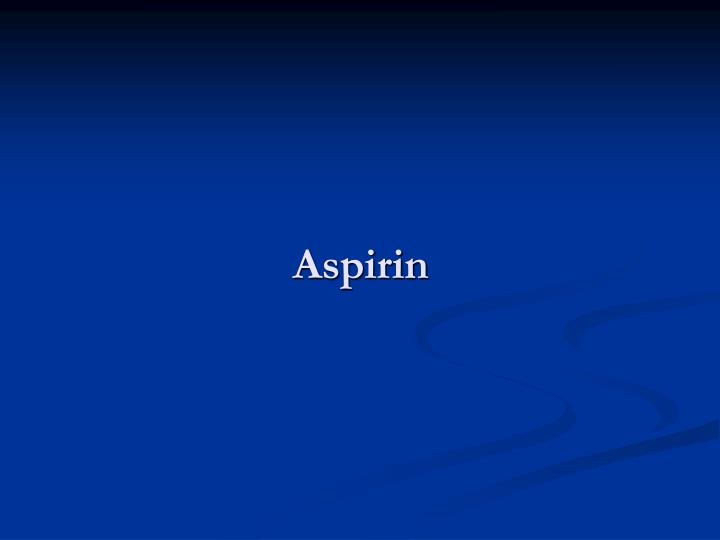


The majority of exposures were unintentional and occurred in individuals less than 20 years of age. There were 2831 cases of antiplatelet exposures reported to United States poison centers in 2017. With an overdose of antiplatelet drugs, there are no other significant organ system effects that are impacted but an exaggerated antiplatelet effect may cause a variety of bleeding disorders. A summary of 2017 National Poison Center data reported 2,831 cases of antiplatelet drug exposures with 972 being unintentional and 48 intentional. Adverse drug effects from therapeutic dosing or overdose can result in hemorrhage. EtiologyĪntiplatelet drug toxicity can be the result of either therapeutic dosing or overdose. Salicylates are only briefly mentioned here, primarily in comparing various mechanisms of antiplatelet drugs. As such, a separate monograph specifically devoted to salicylate toxicity is available. When compared to individuals not taking antiplatelet medications, patients on an antiplatelet agent have a 1.5 times greater risk of bleeding, and this increases when taking additional antiplatelet agents.

Given the relatively narrow pharmacologic actions of antiplatelet drugs, toxicity primarily confines itself to an increased risk of hemorrhage.

Despite a variety of pharmacologic actions, all antiplatelet drugs inhibit platelet activation and aggregation, lowering atherothrombotic related events. These agents are used to decrease major adverse events due to acute coronary syndromes, peripheral vascular disease, and stroke. Explain the importance of collaboration and communication among the interprofessional team members to improve the delivery of care for patients receiving antiplatelet therapy.Īs the prevalence of cardiovascular disease (CVD) escalates worldwide, so does the use of antiplatelet medications in its management.Summarize the recommended management of the main adverse event associated with antiplatelet toxicity.Outline the typical presentation of a patient with antiplatelet toxicity.Describe the pathophysiology of antiplatelet toxicity.The toxicokinetics, adverse event profile, and specific management of these agents will be highlighted for the edification of the interprofessional healthcare team when employing antiplatelet therapy to patients. This activity reviews the indications and actions of these medications, as well as the treatment of toxic exposure to them. Currently, there are four classifications of these agents based upon the mechanism of action utilized, but all inhibit platelet activation and aggregation ultimately. Antiplatelet medications are primarily used for the management and prevention of cardiovascular disease (CVD) related events.


 0 kommentar(er)
0 kommentar(er)
